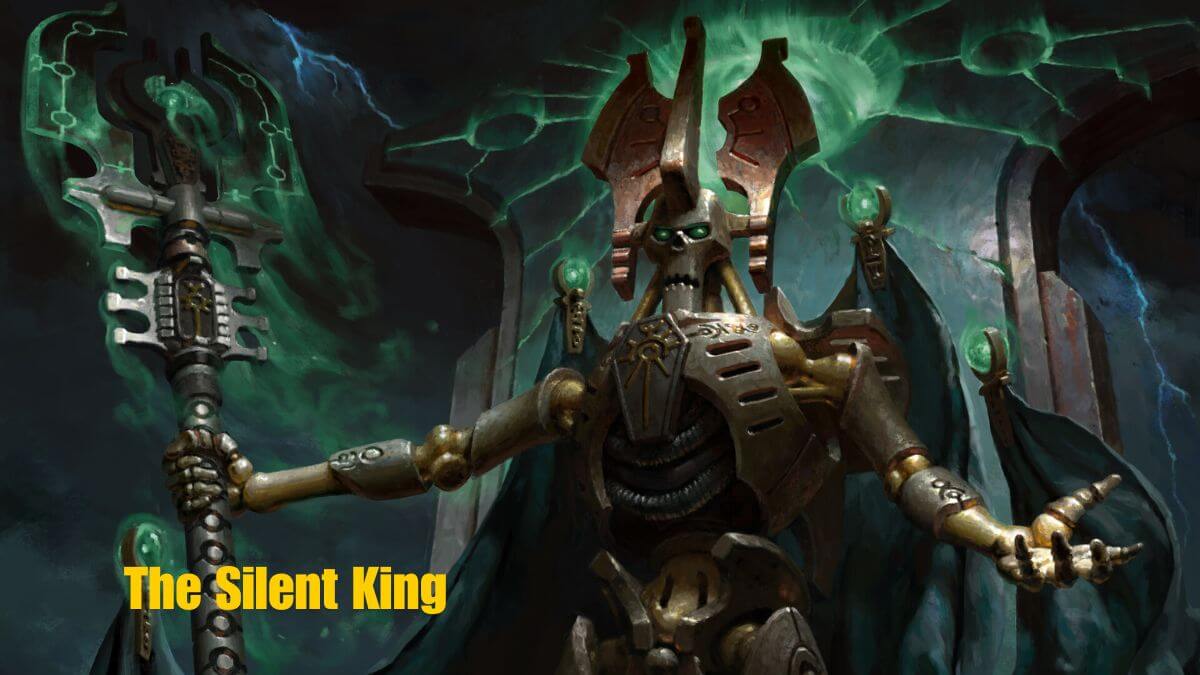Introduction to the Silent King
Throughout history, tales of enigmatic figures have captivated our imaginations. Among these shadows, one stands out: the Silent King. This elusive character has sparked curiosity and debate for generations. Who is he? What does he represent? The allure of the Silent King lies not only in his mysterious identity but also in the profound impact he may have had on society and culture.
As we delve into this fascinating topic, prepare to explore the origins of this intriguing title, uncover theories surrounding his identity, and examine historical figures who might be linked to him. Join us as we embark on a journey through time and thought—searching for answers about the Silent King that could change how you view legends forever.
The Origins of the Title
The title “Silent King” has roots that stretch deep into history. It evokes images of a ruler shrouded in mystery, wielding power without uttering a word.
Some believe the term emerged during times of turmoil when leaders chose silence over rhetoric. This approach signified strength and control in chaotic political landscapes.
In various cultures, silence often holds significant weight. The Silent King might represent wisdom or an enigmatic figure who communicates through actions rather than words.
Literature and folklore also contribute to the narrative surrounding this title. Characters embodying silent authority have captivated audiences for centuries, symbolizing both fear and respect.
As tales evolved, so did interpretations of the Silent King. Each retelling adds layers to his identity—whether as a benevolent guardian or a foreboding presence lurking in shadows.
Theories and Speculations Surrounding the Silent King’s Identity
The identity of the Silent King has sparked a myriad of theories and speculations. Some believe he is a forgotten monarch from ancient times, shrouded in mystery. This notion suggests that his silence was a strategic choice, allowing him to observe without revealing his hand.
Others argue he could represent an archetype—the embodiment of leadership qualities such as wisdom and restraint. This interpretation elevates the Silent King beyond any singular figure into a symbol for those who lead silently yet effectively.
Some enthusiasts even connect him to various folklore or myths across cultures. These narratives often describe enigmatic leaders whose presence looms large despite their absence from spoken history.
Additionally, conspiracy theorists have weighed in, proposing connections with secret societies or hidden elites exerting influence behind the scenes. Each theory adds layers to this captivating enigma and fuels endless discourse about who—or what—truly embodies the essence of the Silent King.
Historical Figures and Leaders Who Have Been Associated with the Title
Throughout history, various figures have donned the elusive title of “the Silent King.” Each has left an indelible mark on their respective societies.
One notable example is Louis XVI of France. His silence during critical moments leading up to the French Revolution painted him as a passive ruler. This perception led many to associate him with the concept of a king who failed to speak when his people needed him most.
Another figure linked with this title is Emperor Hirohito of Japan. Known for his restrained public persona, he remained largely silent during World War II’s tumultuous end, which fueled speculation about his role and intentions.
Leaders like these embody different interpretations of silence in leadership. Their legacies remind us that sometimes what isn’t said can resonate louder than words themselves.
Also Read: Why Should You Use a Pokemon Font Generator?
The Impact of the Silent King on Society and Culture
The Silent King has left an indelible mark on society and culture throughout history. His enigmatic presence often symbolizes power cloaked in mystery. This duality intrigues artists, writers, and thinkers alike.
Literature pulsates with references to the Silent King. Authors weave tales that explore themes of authority without voice, resonating with audiences across generations. The archetype encourages deeper reflection on leadership styles and governance.
In visual arts, the Silent King’s image evokes a sense of awe and contemplation. Paintings often depict him shrouded in shadows or surrounded by symbols of authority, inviting viewers to ponder the unseen forces that shape our world.
Even modern pop culture feels his influence. Film characters echo his silent strength, embodying resilience amid chaos. This cultural resonance speaks volumes about humanity’s fascination with silence as a powerful form of expression in an increasingly loud world.
Uncovering the Truth: Is the Silent King a Real Person or a Myth?
The Silent King remains shrouded in mystery. Many wonder if this enigmatic figure is rooted in reality or merely a figment of collective imagination.
Historical records offer scant details. Some suggest that tales of the Silent King originated from ancient folklore, embodying societal hopes and fears.
Conversely, others argue there exist real leaders who inspired these legends. Figures who ruled with quiet authority may have influenced how we perceive power today.
Cultural references abound, but they often blur fact and fiction. Novels, films, and art depict the Silent King as an archetype rather than a specific individual.
As scholars delve deeper into myths surrounding leadership, the line between historical truth and storytelling becomes increasingly blurred. Each theory invites further exploration while leaving us questioning what really lies beneath the surface of this elusive character.
Conclusion
The Silent King remains an enigma that captivates many. His story intertwines history, myth, and speculation, drawing in curious minds.
As discussions continue to evolve around this figure, the fascination only grows. Whether he is a real person or a mere legend adds layers to his intrigue.
Cultural references have solidified his presence in our collective imagination. From literature to films, the Silent King has inspired countless interpretations and reimaginings.
Understanding who—or what—he represents sheds light on deep-seated societal themes. Power dynamics, leadership styles, and even loneliness are intertwined with his narrative.
Exploration of the Silent King’s identity can lead us into philosophical territory as well. Questions about authority and silence resonate across various realms of thought.
As we dive deeper into these mysteries surrounding him, new perspectives will surely arise. The journey of discovery continues for all who seek answers about this captivating figure.
FAQ
What does the title “Silent King” signify?
The term “Silent King” often represents a figure of power and influence who remains unknown or understated. This could be someone in history, mythology, or even modern times.
Is the Silent King based on a specific historical figure?
Many theories associate the Silent King with various leaders throughout history, but no definitive evidence links it to one person. The ambiguity adds to its intrigue.
Can anyone become the Silent King?
In theory, yes. Anyone who wields significant influence without seeking public recognition could be deemed a silent king in their own right.
Are there literary works that reference the Silent King?
Yes, many authors have woven references to figures similar to the Silent King into their narratives, illustrating themes of power and anonymity.
Why is interest in the Silent King still relevant today?
The concept resonates because it challenges societal norms about leadership and visibility. In an age where everyone seeks attention online, a hidden ruler captivates our imagination.












Leave a Reply